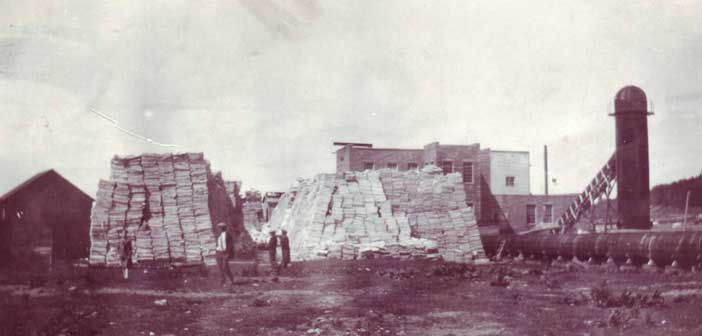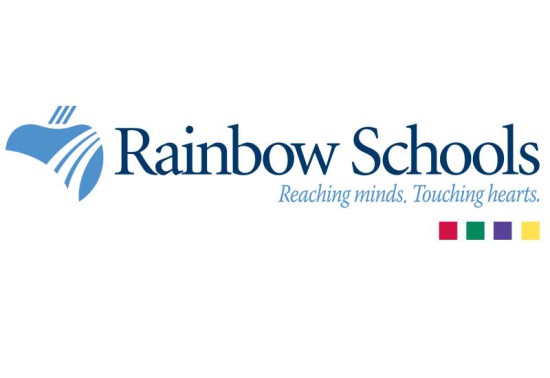OTTAWA—A federal government bill has proposed shoring up criminal sanctions against the traffic in untaxed tobacco products with the stated aim of preventing non-Native consumers of tobacco from circumventing taxes on those products by purchasing them from on reserve ‘smoke’ shops. Reaction from First Nation leaders and proprietors has been universally negative, with a potential to generate Caledonia-style confrontations across the province, according to Anishinabek Nation (Union of Ontario Indians) Grand Chief Patrick Madahbee.
“We have a real dilemma in that the federal and provincial governments are trying to say that First Nations dealing with tobacco is illegal,” said Chief Patrick Madahbee. “They are calling it contraband.”
The road those governments are travelling down is fraught with peril according to Chief Madahbee. “The government is going to have a big backlash,” he said. “This will impact a lot of economic activity.”
While Chief Madahbee said there was no question of the health impacts of tobacco products, “we are all aware of that impact,” he said, but the economic hit that will sweep over First Nations communities will be of tsunamic proportions. “There are hundreds and hundreds of people who have been taken off the welfare rolls by employment in the industry at all levels.”
[pullquote]“You have to remember that there is also a resurgence in agriculture in our communities as well, as people have started to grow tobacco again to supply the factories,” he said. “Pull that economic plug and you will see a flare up that will make Caledonia look like a picnic.”[/pullquote]
Chief Madahbee pointed out that in addition to the ubiquitous retail ‘smoke’ shops that every community has, there is a huge industry that employs people in the manufacturing, distribution and warehousing of the products. “You have to remember that there is also a resurgence in agriculture in our communities as well, as people have started to grow tobacco again to supply the factories,” he said. “Pull that economic plug and you will see a flare up that will make Caledonia look like a picnic.”
Chief Madahbee said that the First Nation leadership recognized the government’s concerns. “We have said work with us, but they refuse to meet,” he said. “It is just another example of how this government works. They decide what is good for our communities and then move to impose their ill-conceived solutions and wonder why everything blows up in their faces.”
The provincial and federal governments are so fixated on their lost tax revenues that they are losing sight of the positive economic impact that has come to First Nations communities through the development and growth of the industry, he said.
“When all is said and done, this bill should never have been introduced,” said Chief Madahbee. “There should have been proper consultation and a workable solution found. Instead they are looking to criminalize a segment of our communities that are just trying to make an honest living and become economically independent of government handouts.”
Penalties under the act are fairly severe. On indictment the maximum penalty is up to five years’ imprisonment and on summary conviction it’s up to six months. A key concern among those opposing Bill C10 are the provisions for mandatory minimum terms of imprisonment for individuals who have been convicted of this particular offence for the second or subsequent times. For a second conviction the penalty calls for a minimum of 90 days, while a third conviction starts up at 180 days of minimum imprisonment and for a fourth or subsequent conviction the penalty is up to two years less a day.
These penalties do have a caveat, however. In order for these penalties to be imposed requires the presence of, or the involvement of, 10,000 cigarettes or more of contraband tobacco, or 10 kilograms of raw leaf tobacco, or 10 kilograms of any other tobacco product.
The First Nations have conducted trade in tobacco for thousands of years without problem until non-Natives became involved in the trade and started putting all kinds of additives and carcinogenic adulterants and governments began collecting excises and taxes from it, said Chief Madahbee. “We just should never have introduced you guys to it.”
On that point at least, First Nation tobacco advocates and public health authorities undoubtedly agree.





